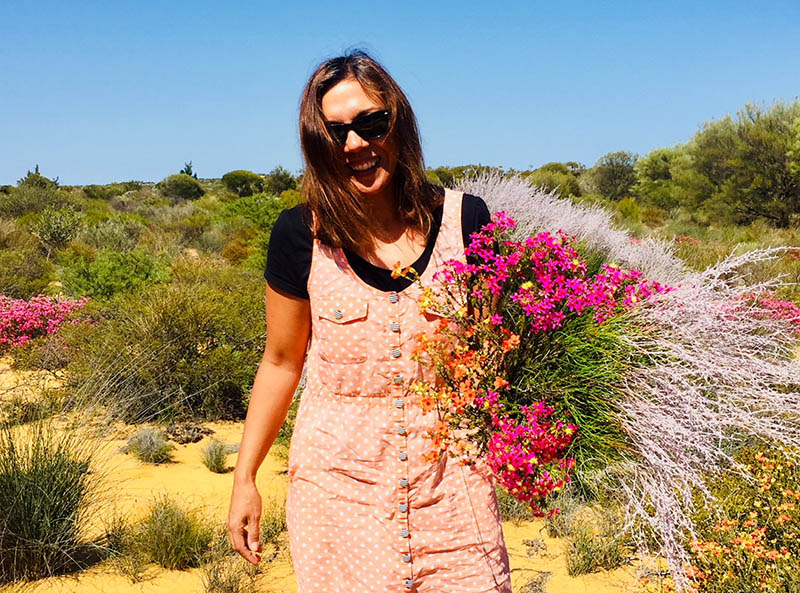Economic, social and cultural sustainability for West Kimberley’s Indigenous communities
Leader: Arjati (Ari) Schipf, Doctor of Philosophy (Arts and Sciences)
Location: Fitzroy River Catchment
Dates: 2016 - 2021
Team members: Professor Sandy Toussaint, Professor Patrick Sullivan and Dr Janelle White

Working closely and collaboratively with Fitzroy Valley Indigenous groups alongside the local Kimberley Aboriginal Law and Culture Centre (KALaCC), the doctoral research focus is on the future cultural, economic and social sustainability of life in remote settings; examining legacies of government policy, legislation and service delivery. Guiding questions include how, and to what extent will future generations carry on cultural and economic responsibilities within the imposition of 21st century frameworks; examining aspirational challenges and how Aboriginal people’s distinctive cultural identity living in the Fitzroy Valley will be supported in the future.
-
Publications
Wooltorton, S., Toussaint, S., Poelina, A., Jennings, A., Muecke, S., Kenneally, K., Remond, J., Schripf, A., & Stredwick, L. (2019). Kimberley Transitions, Collaborating to Care for Our Common Home: Beginnings … Nulungu Research Paper No. 2. Broome: Nulungu Research Institute. Available online
Real-life research projects
Acknowledgement of Country
The Nulungu Research Institute is located on Yawuru land, encompassing the coastal town of Broome. Aboriginal saltwater, river and desert language groups across the Kimberley sustain intergenerational cultural, intellectual and social affiliations over time. Kimberley Transitions researchers and associates pay respect to the Yawuru and other Kimberley cultural custodians - to past, present and future generations. Knowledge and expertise, evident throughout the Kimberley – the place Aboriginal women, men, children and others call home – is vital to the sustainability of all people and places. That Kimberley Transitions can be part of this ongoing process underpins the Project's aims and ethos.

Connect with Notre Dame on Social Media
Australia
Fremantle
Broome
Sydney